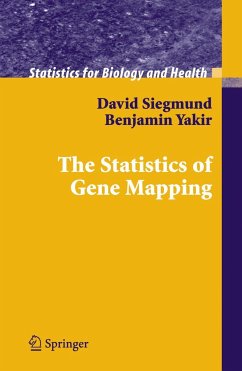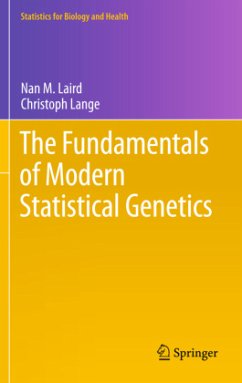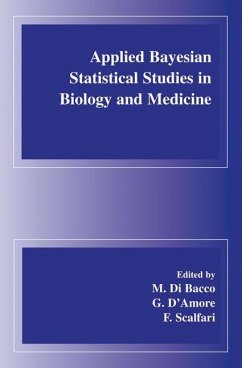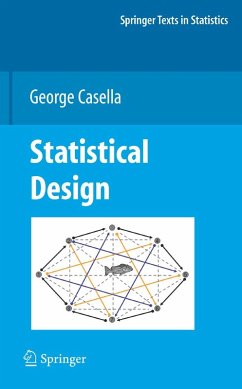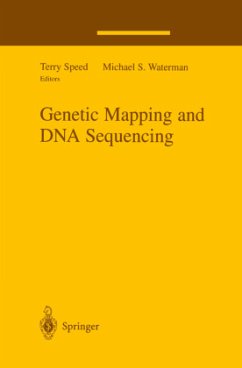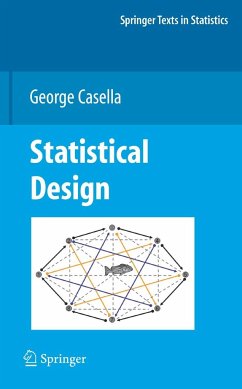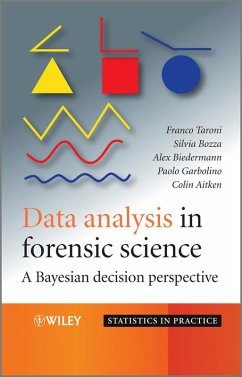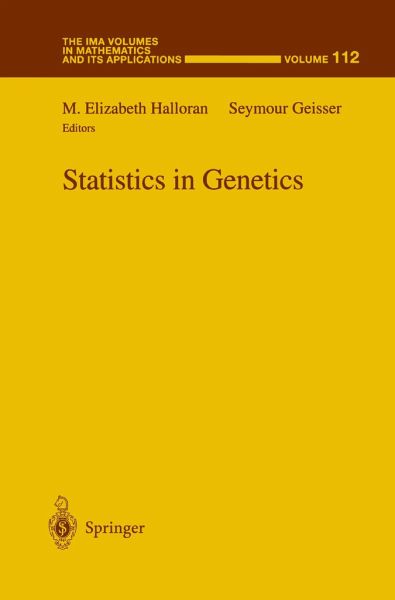
Statistics in Genetics
Versandkostenfrei!
Versandfertig in 6-10 Tagen
76,99 €
inkl. MwSt.

PAYBACK Punkte
38 °P sammeln!
This volume contains refereed papers from a workshop on Statistics in Genetics held as part of the six-week symposium on Statistics in the Health Sciences held by the Institute of Mathematics and its Applications in the summer of 1997. The week on genetics provided a forum for lively discussion among an unusual mix of statistical scientists and population geneticists. The field of statistical genetics is growing and expanding. Though the Genome Project will eventually result in the sequencing of the human genome, as well as the genomes of several other organisms, there will still be a need for...
This volume contains refereed papers from a workshop on Statistics in Genetics held as part of the six-week symposium on Statistics in the Health Sciences held by the Institute of Mathematics and its Applications in the summer of 1997. The week on genetics provided a forum for lively discussion among an unusual mix of statistical scientists and population geneticists. The field of statistical genetics is growing and expanding. Though the Genome Project will eventually result in the sequencing of the human genome, as well as the genomes of several other organisms, there will still be a need for good statistics for family studies of complex diseases. Of special interest is the growing recognition of the potential role of interaction of mitochondrial genes with nuclear genes to produce many chronic or degenerative disorders. There is still much room for improving model building in phylogenetics analysis, particularly in understanding inference in this arena. The use of statistics for assessing identification in criminal and paternity cases through DNA is also becoming more widespread. The controversy over these methods is likely to rage for many years to come. The papers in this volume are contributions by some of the leading researchers in the field to the current topics in statistical genetics. One section deals with DNA sequence matching and issues related to forensics. Another group of papers deals with statistical problems of modeling phylogenies and inferential difficulties related to the complex tree structures produced, as well as the method of coalescence. Another group of papers is concerned with human genetics, including the identification of disease genes, and the





